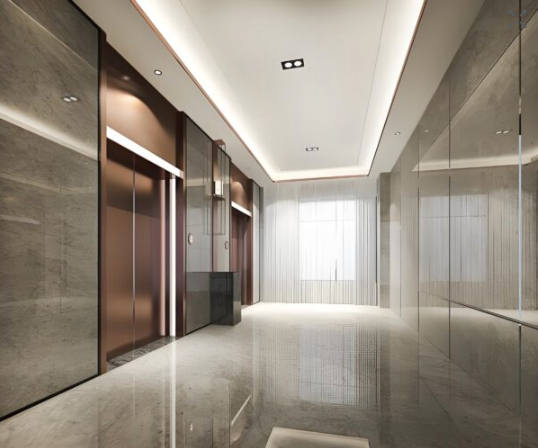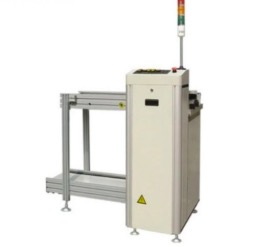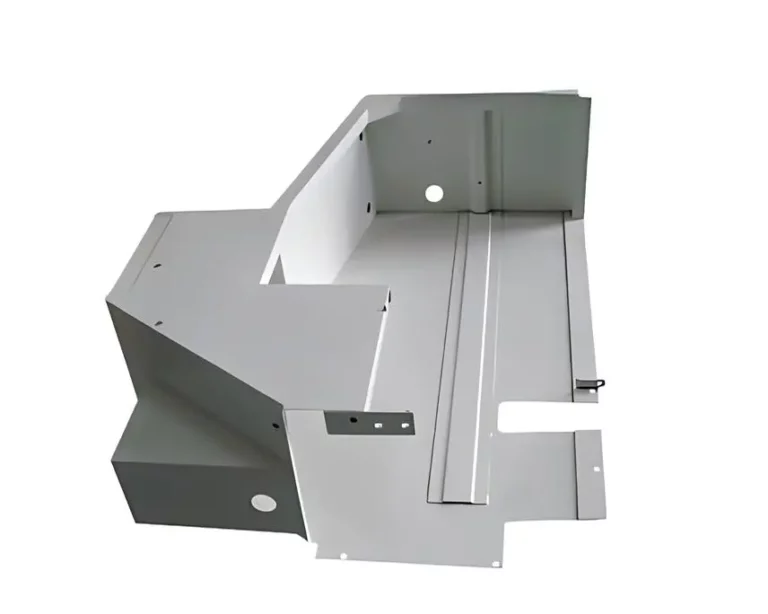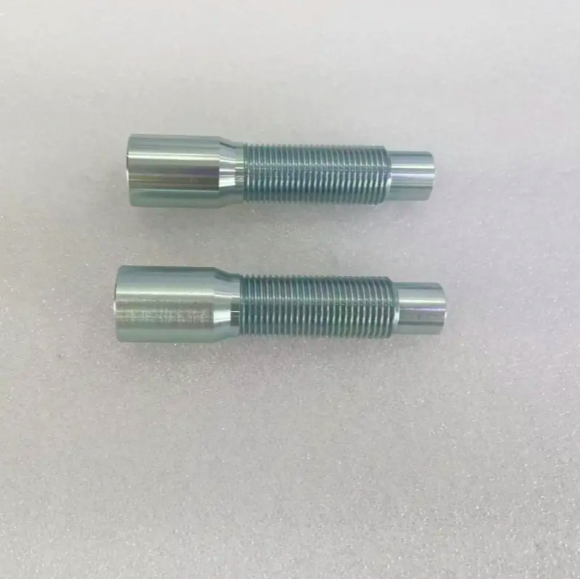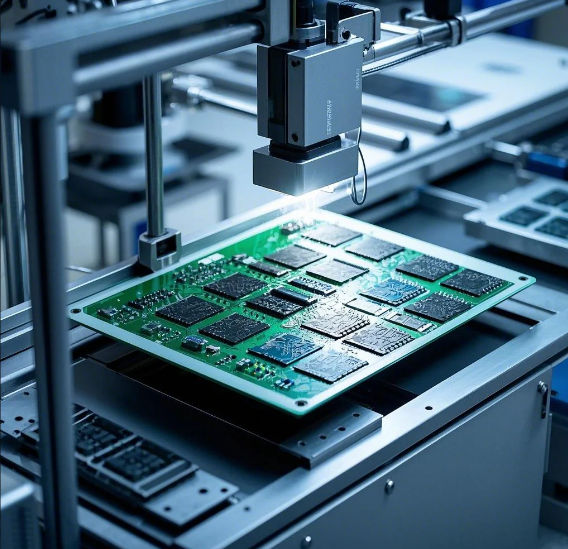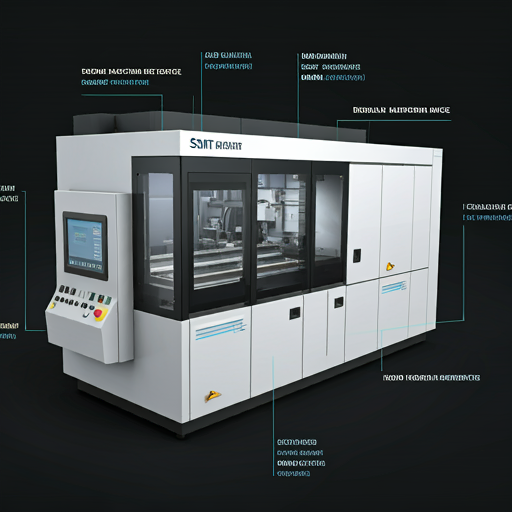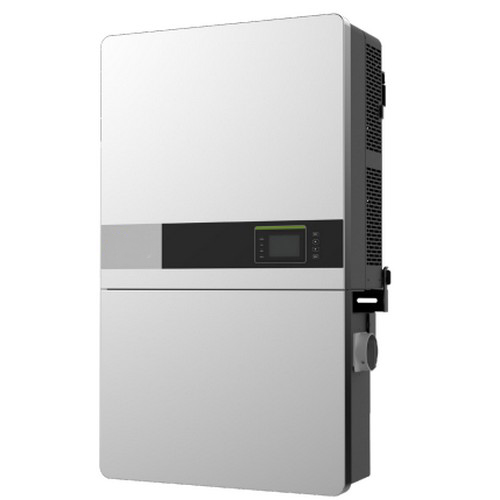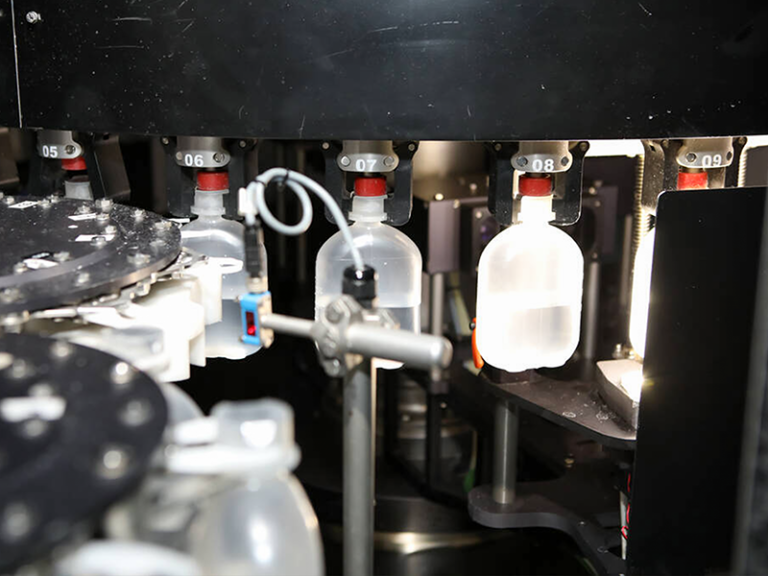目录
ToggleWhat is a mini pc fanless?
Mini PC Fanless uses heat sinks to transfer heat from internal heat-generating components, such as the CPU and silicon chips, to the computer’s aluminum alloy.
On the gold body, the aluminum body acts as a giant heat sink, dissipating heat and transferring heat away from the mini PC fanless.
The brain does not use a fan to keep it cool. That means you don’t have to worry about damaging your computer if it overheats. This is because nearly all modern CPUs are equipped with a technique called dynamic frequency scaling, when the processor starts to generate too much heat, it slows down the processor to avoid damaging itself.
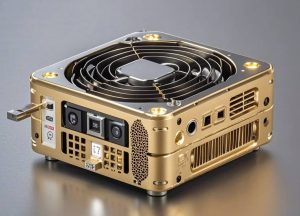
What are the advantages of a mini pc, fanless?
1. Mini PC Fanless Silent operation
The first benefit of a mini pc fanless is that a passively cooled computer is silent because there are no fans pushing air through the system to make noise. Mini pc fanless uses heat sinks to transfer heat from internal heat-generating components to the outside of the computer system enclosure part to keep cool.
Additionally, the use of solid-state drives (SSDs) in fanless industrial computers further reduces the noise generated by the system. Replacing the platter with a solid-state drive can reduce noise because there are no moving platters inside the solid-state drive to generate noise. Instead, data is stored on a memory chip, which removes any noise from the system.
Some Mini pc fanless deployments require the silent operation of the computer system, as any noise can be distracting. This situation includes operating rooms, libraries, laboratories, and other environments that require quiet operation.
2. Mini PC Fanless Reliability
The second benefit of industrial-grade fanless PCs is that they are designed and built to industry standards, which are stricter than those of consumer desktop computers, making them last longer and run more efficiently than consumer computers.
Also, since fans are often a point of failure in many PCs, computer systems use solid-state drives by completely removing fans from the system. This reduces moving parts and improves reliability, as solid-state drives are more reliable than hard drives
According to the analysis, HDDs often fail within 300,000 hours of use, while SSDs tend to fail after 1.5 million hours of use, making them a perfect replacement for HDDs. In addition, the price of SSDs has dropped significantly, making them an inexpensive option to increase system reliability.
3. Mini PC Fanless Shock and Vibration Standards
The third benefit of industrial-grade mini pc fanless is that they can withstand greater vibration and shock than regular PCs. Designing and building a robust motherboard that can withstand shock and vibration that consumer motherboards cannot, makes Industrial fanless PCs shock and vibration-resistant.
4. Mini PC Fanless Small size
Mini pc fanless tend to have a smaller footprint than larger air-cooled units, making them an excellent choice for placement in small or tight spaces. Since they require no cooling, they can be easily installed into manufacturing equipment or information kiosks.
5. Mini PC Fanless Flexible remote and mobile deployment
Because fanless mini PCs require less power than consumer PCs, this makes them an excellent choice for remote and mobile deployments. So, if you’re looking for industrial-grade performance from a PC, but also need it to use very little power. Rugged edge computing solution addresses the need for low-power embedded processors, one step closer to data and IoT sensing devices. We have developed a mini pc fanless for unstable environments where industrial-grade performance is still required.
0